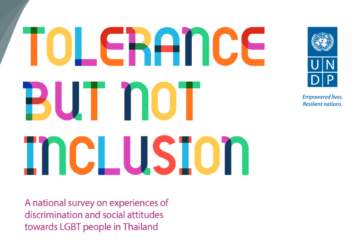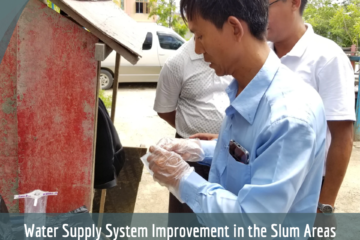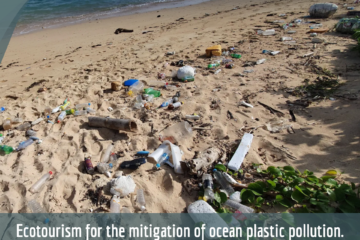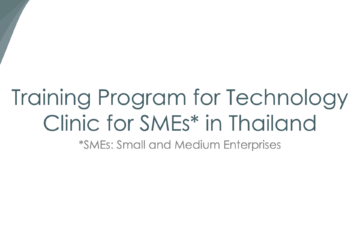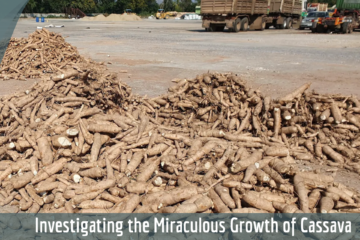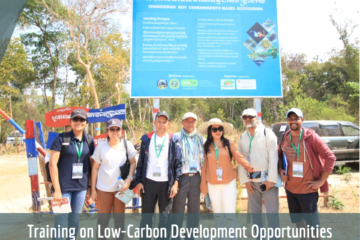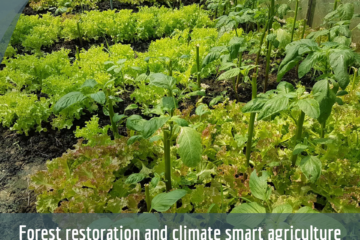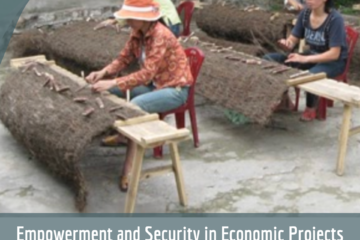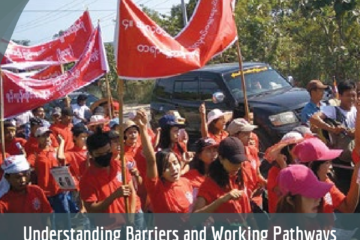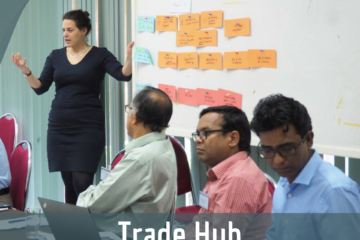A national survey on experiences of discrimination and social attitudes towards LGBT people in Thailand
There is a lack of comprehensive research on attitude toward LGBT people and challenges they face, making it difficult for advocates, development partners and policy makers to promote effective policies and make informed decisions. To address this the ‘Being LGBTI in Asia’ UNDP program, which is aimed at advancing the well-being of LGBTI people and reducing inequality and marginalization on the basis of sexual orientation and gender identity, supported a study in collaboration with Love Frankie and AIT. This national study examined the experiences of and social attitudes towards lesbian, gay, bisexual and transgender (LGBT) people. It involved a survey with 2,210 participants from across the country, including 1,349 LGBT people and 861 non-LGBT people, and focus group discussions in Bangkok, Chiang Mai, Phitsanulok and Pattani. The study found that there are overall favourable attitudes towards LGBT people in Thailand and significant support for inclusive laws and policies, but also persistent experiences of stigma and discrimination, violence and exclusion.
Keywords LGBT, SOGIE, Gender Equality, Thailand
(more…)